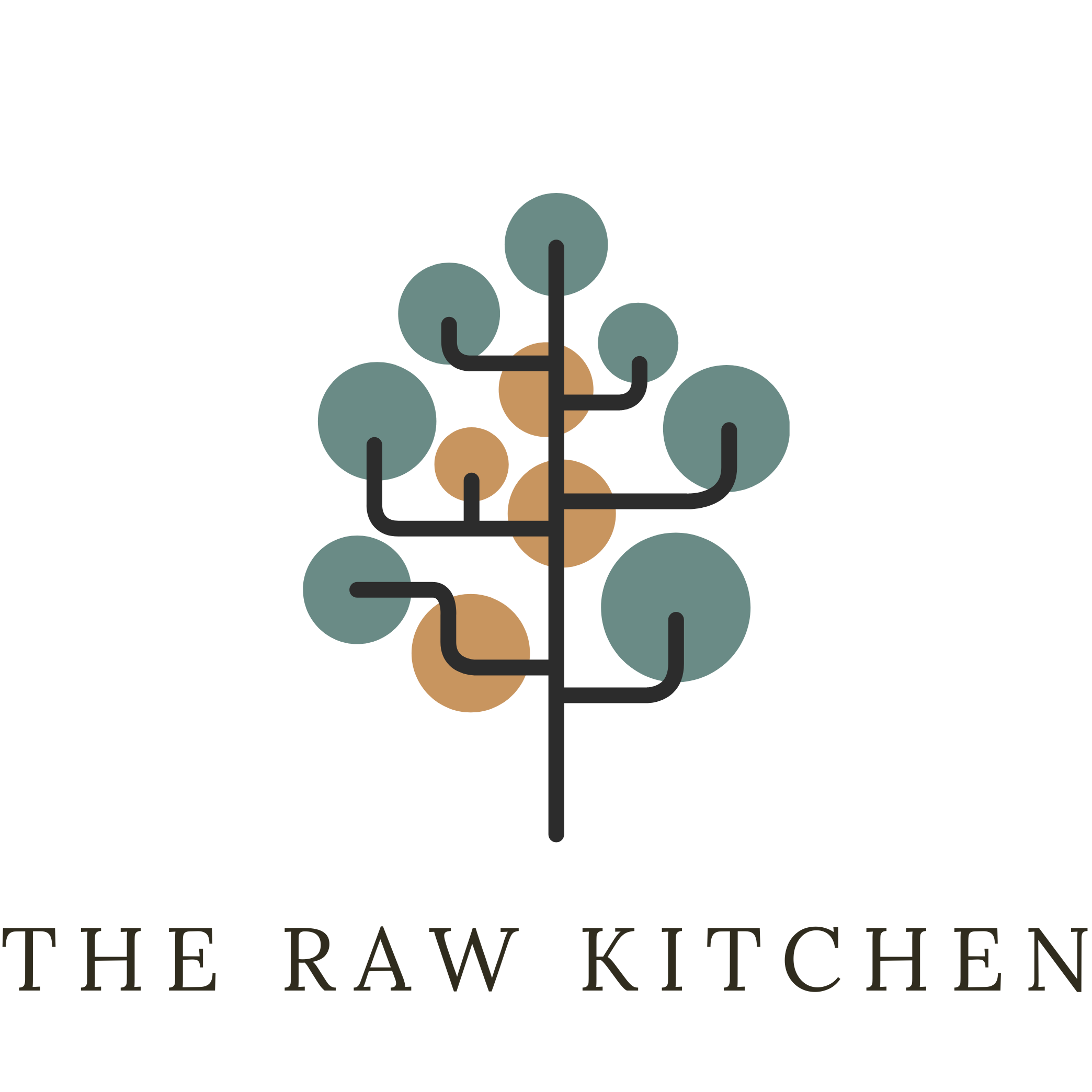
What Are Adaptogens, and Should I Be Using Them?
In today’s fast-paced world, managing stress and energy levels has become more important than ever. While there are many ways to reduce stress—from mindfulness to exercise—adaptogens offer a powerful, natural solution. These herbal remedies have been used for centuries in Ayurvedic and Chinese medicine to help the body adapt to stress, support the nervous system, and promote overall well-being.
What Are Adaptogens?
Adaptogens are a class of herbs and mushrooms that help the body achieve balance (homeostasis) by regulating stress responses. Unlike stimulants, which provide a short-term energy boost, adaptogens naturally support energy and resilience without crashes or dependency.
These natural stress relievers interact with the hypothalamic-pituitary-adrenal (HPA) axis, which regulates cortisol levels and the body's stress response. By keeping stress hormones in check, adaptogens help combat the negative effects of chronic stress, such as fatigue, anxiety, and poor immune function.
Common Adaptogens and Their Benefits
Here are some of the most popular adaptogenic herbs and their health benefits:
1. Ashwagandha
✔ What it does: Known as a powerful stress reliever, Ashwagandha lowers cortisol levels, helping to reduce stress and anxiety.
✔ Other benefits: Supports brain function, stamina, and sleep quality.
2. Rhodiola Rosea
✔ What it does: Fights fatigue and enhances mental clarity, making it ideal for managing stress and boosting energy levels.
✔ Other benefits: Improves focus, concentration, and physical endurance.
3. Holy Basil (Tulsi)
✔ What it does: Reduces anxiety and normalises cortisol levels, supporting the adrenal glands in regulating stress responses.
✔ Other benefits: Has antioxidant properties, boosts immunity, and fights inflammation.
4. Ginseng (Panax Ginseng)
✔ What it does: Well-known for its energising effects, Ginseng enhances resilience to stress while boosting mental and physical performance.
✔ Other benefits: Improves cognitive function and reduces fatigue.
5. Reishi Mushroom
✔ What it does: Often called the "mushroom of immortality", Reishi helps calm the nervous system, supporting relaxation and anxiety relief.
✔ Other benefits: Has anti-inflammatory effects and supports liver detoxification.
6. Eleuthero (Siberian Ginseng)
✔ What it does: Used to combat mental and physical fatigue, Eleuthero enhances endurance and stress resilience.
✔ Other benefits: Improves mental clarity and helps the body cope with environmental stressors.
How Adaptogens Work in the Body
Adaptogens regulate the body's stress response by balancing the HPA axis, which controls how we react to stressors. When stress triggers the release of cortisol and adrenaline, adaptogens help stabilise these hormones, preventing burnout, exhaustion, and chronic fatigue.
Unlike stimulants, which force the body into a high-energy state, adaptogens work by normalising energy levels—providing a boost when needed or calming the system when overstimulated.
How to Incorporate Adaptogens into Your Routine
Adaptogens come in different forms, making them easy to include in daily life:
🥤 Herbal Teas: Sip on adaptogen-infused teas such as Holy Basil, Ashwagandha, or Ginseng for gentle stress support.
🥣 Smoothies: Add adaptogen powders like Reishi or Ashwagandha to your morning smoothie for an energy boost.
💊 Capsules: A convenient way to take adaptogen supplements daily.
💧 Tinctures: Liquid extracts that can be mixed into water or herbal tea for fast absorption.
Are Adaptogens Right for You?
Adaptogens offer a natural way to support stress management, energy balance, and overall well-being. While they are not a magic fix, they work best when combined with a healthy lifestyle that includes proper nutrition, exercise, and sleep.
Before adding adaptogens to your supplement routine, it’s always a good idea to consult a healthcare professional, especially if you take medications or have an underlying health condition.
By incorporating adaptogens into your daily routine, you can give your body the tools it needs to adapt to stress, improve energy levels, and support long-term resilience.



Leave a comment
This site is protected by hCaptcha and the hCaptcha Privacy Policy and Terms of Service apply.